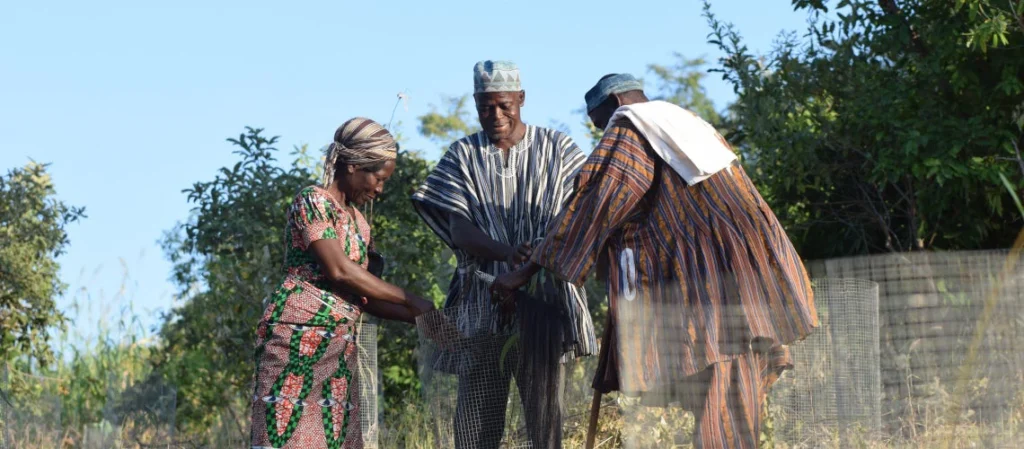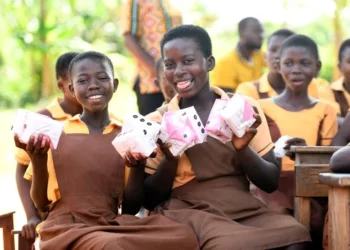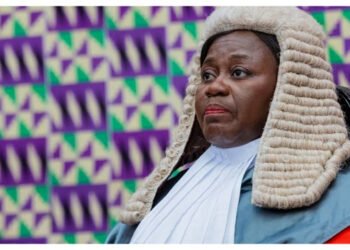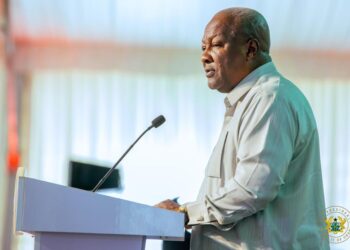In light of recent discussions surrounding the customary practice of standing to greet President Nana Addo Dankwa Akufo-Addo, the Ministry of Chieftaincy and Religious Affairs has issued a comprehensive statement aimed at providing clarity on the matter.
Ghanaian culture has long held the tradition of demonstrating respect for authority figures, elders, and leaders through various gestures, one of which is standing when greeting them. This practice, deeply ingrained in societal norms, serves as a symbol of deference, reverence, and unity within communities.
The Ministry emphasized that the request for Chiefs to observe this tradition, particularly at public events, is rooted in a commitment to uphold and preserve Ghanaian cultural values. It is not intended to diminish the dignity or autonomy of traditional leaders but rather to reaffirm their esteemed role in Ghanaian society.
“It is also to be remembered at all times that the Constitution, as set out in Article 57 (2), states that ‘the President shall take precedence over all other persons in Ghana’. Indeed, the President is the Head of State, Head of Government, and Commander-in-Chief of the Armed Forces of Ghana, and is regarded as the foremost representative of the nation both domestically and internationally.”
Stephen Asamoah Boateng, Minister for Chieftaincy and Religious Affairs
Chiefs have been asked to accord respect to the President by standing to greet him at public events, aligning with the constitutional provision. However, it’s emphasized that this request does not extend to occasions within the confines of traditional palaces out of respect for their sanctity.
The Ministry vehemently refuted any misinformation suggesting that the Yagbonwura, a paramount chief, was asked to stand and greet the President during a recent event in Damongo. Minister Stephen Asamoah Boateng, who was present at the event, clarified that the President himself paid homage to the Yagbonwura, demonstrating respect for his role as host.
“The Ministry of Chieftaincy and Religious Affairs reaffirms President Akufo-Addo’s commitment to upholding Ghanaian cultural values and fostering harmonious relations within the nation. The tradition of showing respect for authority, including the request for Chiefs to stand when greeting the President at public events, serves as a testament to Ghana’s rich heritage and traditions.”
Stephen Asamoah Boateng, Minister for Chieftaincy and Religious Affairs
Varied Public Reactions

Public opinion on this matter is mixed, reflecting a nuanced understanding of both cultural traditions and modern governance. While some view the tradition of standing to greet the President as an essential aspect of Ghanaian cultural heritage that should be upheld, others express concerns about the potential for it to infringe upon the autonomy and dignity of traditional leaders.
A video capturing President Akufo-Addo signaling chiefs to stand up and greet him at a public event has led to public reactions, with some criticizing the President and others criticizing the chiefs. This incident has been compared to a previous one where the President asked the Greater Accra Regional Minister to instruct some chiefs to stand while the national anthem was being played at a public event.
Critics argued that in some cases, chiefs choose to sit down to exchange pleasantries with the President as a sign of respect for tradition.
John Mahama, the flagbearer of the National Democratic Congress (NDC) condemned President Akufo-Addo’s insistence that chiefs stand up to greet him, describing it as unpresidential and disrespectful to traditional leaders. Mahama expressed concern that the President’s actions undermine the dignity of chiefs and could lead to further disrespectful actions. He called on Ghanaians to be vigilant and hold their leaders accountable for upholding the values of respect and dignity, especially towards traditional authorities.
While the chieftaincy minister and some supporters view the practice as a respectful gesture that blends modern governance with Ghana’s cultural heritage, critics, including opposition figures like John Mahama, see it as a potential undermining of the dignity and autonomy of traditional leaders.
READ ALSO: NDC’s MP Exposes Government’s Education Sector Arrears





















